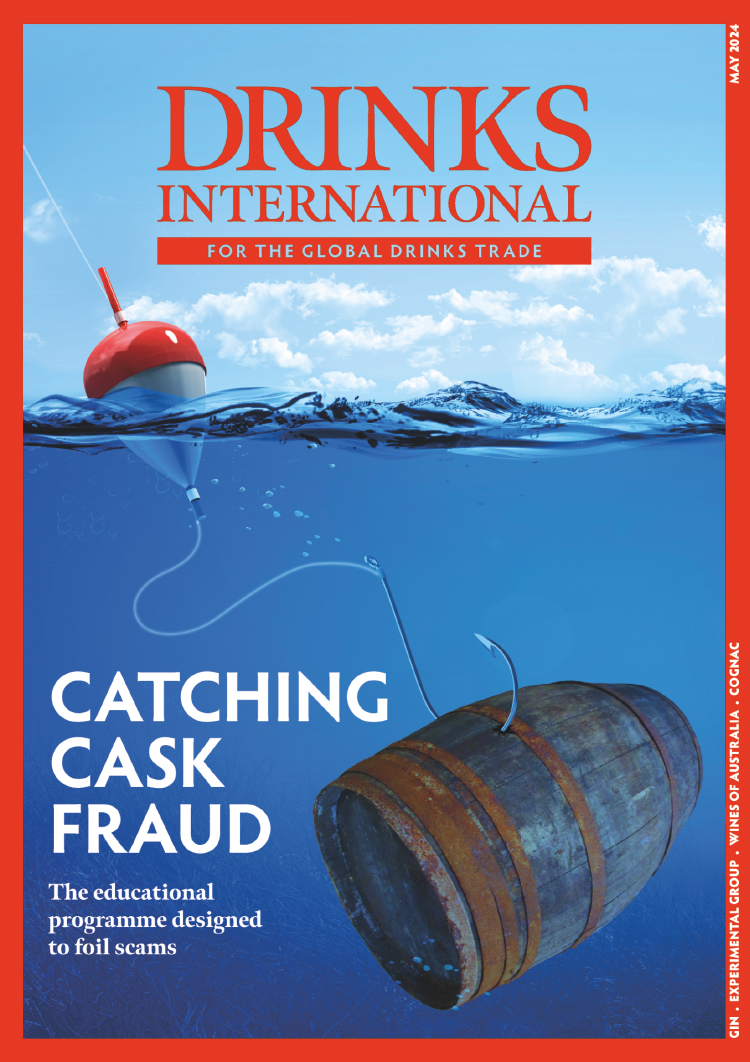On the other, you have the pragmatists: those people who see wine as just an alcoholic liquid with some specifically annoying/useful (delete as applicable) commercial quirks, but which is there to be sold like any other fast- (if you’re lucky) moving consumer good.
It’s a dichotomy that is beautifully dramatised in an encounter described in a new book, Godforsaken Grapes, by the American drinks journalist Jason Wilson. An unashamed, if not un-self-critical, romantic idealist, Wilson is a fan of the obscure, his book a lively, well-written, and sometimes amusing travelogue in which he describes his travels seeking out unusual grape varieties, from the Alps to (yes, really) New Jersey.
While on one such rare grape-seeking mission – at a conference in Portugal – Wilson stumbles across a man who can only be described as his polar opposite: the provocative, aesthete-baiting British populist wine writer-turned-marketer, Robert Joseph, who delivers a speech lambasting “snooty” wine writers for “not talking more about popular grapes like Pinot Grigio and mass-market brands like Yellow Tail, Barefoot, Skinny Girl and Apothic”. Wine writers – and other gatekeepers – Joseph says, should be more like the film writer Roger Ebert, praising the “blockbuster” vinous equivalents of the Marvel movies, and ultimately conceding, in Wilson’s paraphrasing, that “most consumers were so hopeless about wine that you should just pander to them”.
In the book, Wilson goes on to describe how Joseph furthers his agenda at the conference by loudly heckling: “How much are we spending to support this charity?” during a tasting of “obscure and ancient Portuguese varieties”. Wilson can hardly contain his disgust. “It all seemed rather cynical,” he says. I wouldn’t necessarily go that far. As anyone who has encountered him either online or in real life will know, Joseph has been touting this kind of commercial realpolitik for years. But, to give him his due, I reckon he sees himself as providing a realistic corrective to the trade’s more starry-eyed inhabitants, and uses over-statement and exaggeration to get his voice heard.
And he’s far from alone. You can see his kind of ultra-pragmatic line taken up in pretty much every contemporary vinous dispute. It may be the question of whether or not to add extra tiers of complication to European appellation systems. Or it may be those well-publicised stories where a $5 plonk triumphs over “some of the world’s most expensive wines” in a blind tasting. But there’s always a side of the trade who are happy to indulge the idea that wine should be simple, and that anything else is pretentious, alienating for the consumer and, therefore, bad for sales and the category’s long-term health.
Wilson’s book – peopled by individuals who have devoted their professional lives to the pursuit of rare, unfashionable or endangered varieties, even when economic reality is screaming for them to do something else – is a vivid riposte to that view. It’s not just that these dreamy, uncommercial winemakers are selfless romantic heroes. It’s that they perform a service for the whole trade, idealists and realists alike. They are the wine world’s most fertile creative minds, operating in the wilds where they bring old varieties back to life and give new ideas (natural, biodynamic) a chance, and refreshing the safe mainstream in which the timid pragmatists have to swim.



